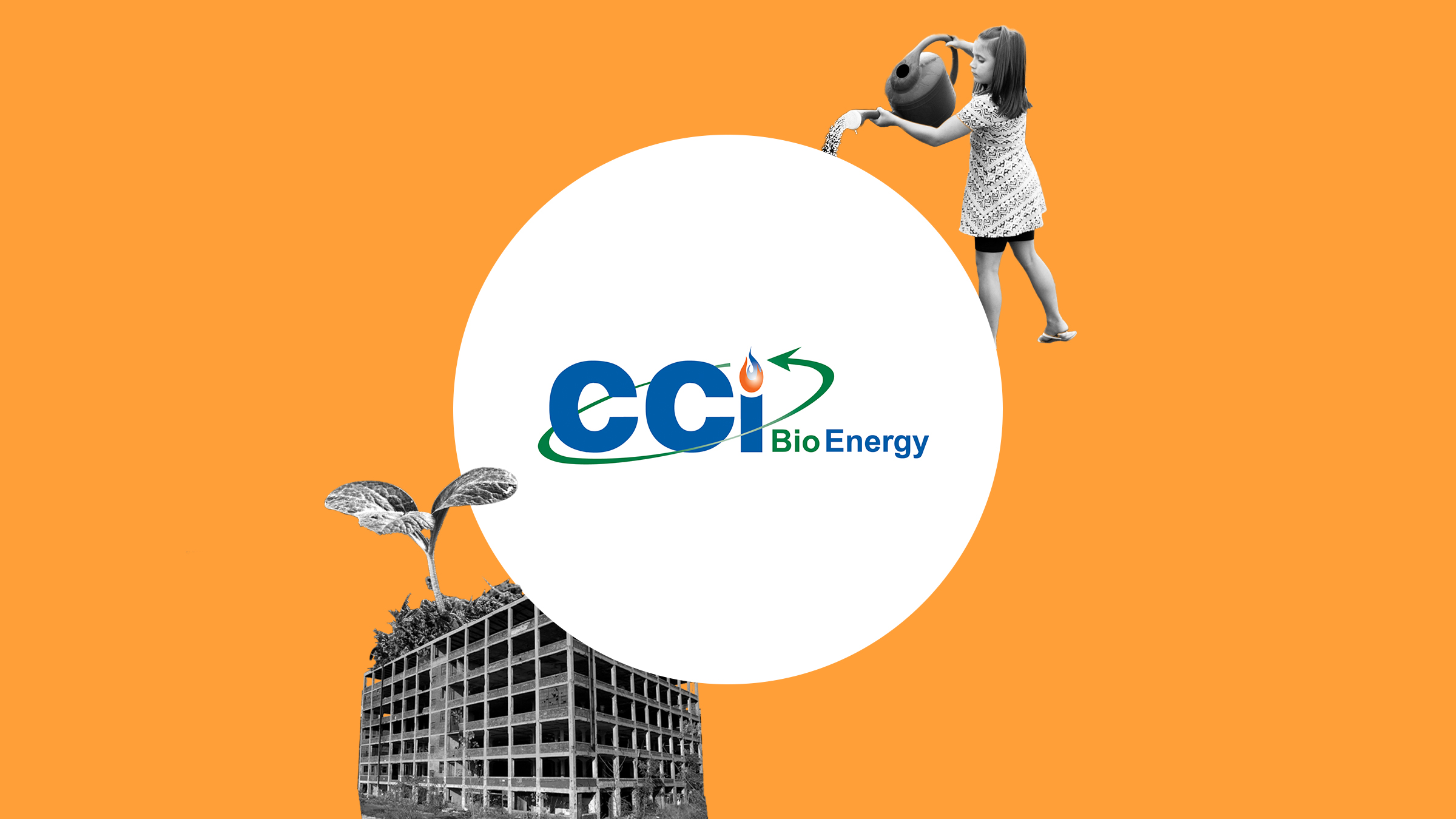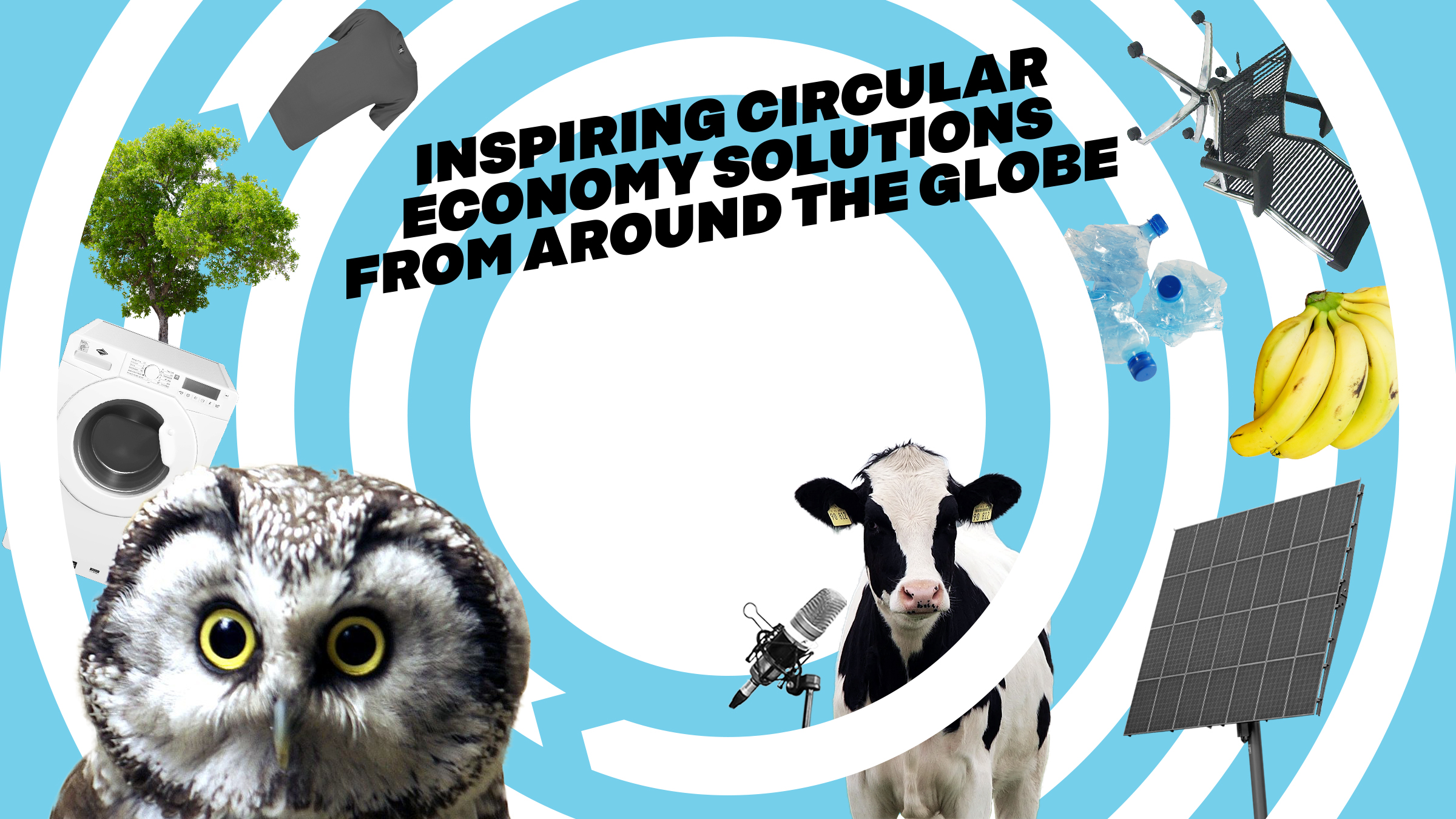CCI’s technology (the BTA Process) solves two problems: the need for renewable energy and the requirement for managing organic waste in a sustainable manner. The City of Toronto utilises the BTA Process to transform residential source separated organics (SSO) into biogas and digestate.
The founder of the company learned about anaerobic digestion in the 1990s. His aim was to build anaerobic digestion (AD) facilities throughout North America to produce renewable energy from organic waste. In the year 2000 he built Canada’s first AD facility.
Through trial and error, the facility improved its operations and gained recognition. CCI built and operated an AD facility for the City of Toronto and their technology was then selected again for the city’s second AD facility as well.
Problem
SSO is a resource that is often wasted. When SSO is disposed of in a landfill, methane, a greenhouse gas that is 80 times more potent than carbon dioxide, escapes. In North America, the transformation of waste organics into usable products can equate to 120 million tonnes of greenhouse gas emission reductions annually. Despite the potential, the move towards organics diversion in most cities in North America has been slow. Solution providers need to be innovative and creative, and clients need to be forward-thinking.
Solution
CCI provides a technology (the BTA Process) for the City of Toronto to process their SSO. The process generates biogas 24/7 from SSO that is sorted by residents and collected by the city. The SSO is cleaned and then fed into the AD process. The generated biogas can be used for process heat and also has the potential to be upgraded to renewable natural gas (RNG). Over 90 per cent of the biogas produced at one of the plants will soon be turned into compressed RNG and used to power City of Toronto fleet vehicles and heat city buildings.
In addition to large-scale projects, CCI has also developed in conjunction with Qube Renewables from the UK, a small scale micro digestion product called the BioQube. The large-scale and small-scale solutions were developed to transform organic waste into value-added products, thus contributing to a circular economy. CCI has established several pilot projects with large food processing companies to harness the energy and value remaining in their organic materials. CCI is also collaborating with First Nations groups in Canada with the objective to develop pilots in their communities. These innovative partnerships serve to advance the circular economy and communicate its benefits in multiple locations.
Environmental impact
Currently, approximately 75,000 tonnes of the City of Toronto’s organic waste is processed every year with CCI’s BTA Process which produces biogas. The production and use of biogas results in avoiding methane emissions of up to 50,000 tonnes per year. The biogas is usable renewable energy and the generation of digestate is further processed into soil amendment products to improve soil health.
Social impact
CCI’s solution creates jobs and develops community resilience benefits through the creation of renewable energy and regenerative soil amendment products. Furthermore, CCI’s solution establishes links to with for example the First Nation communities. CCI is also active in the area of student education programs through one of its clients, the Ontario Water Centre, where the objective is to provide hundreds of students the opportunity to learn about the circular economy, energy, water and waste management.


Inspired?
Check out all solutions.